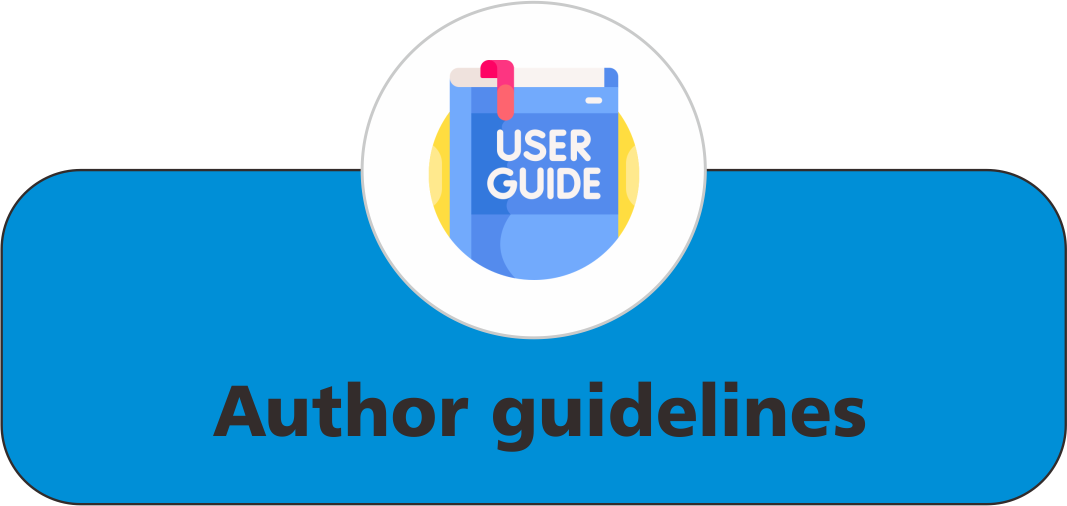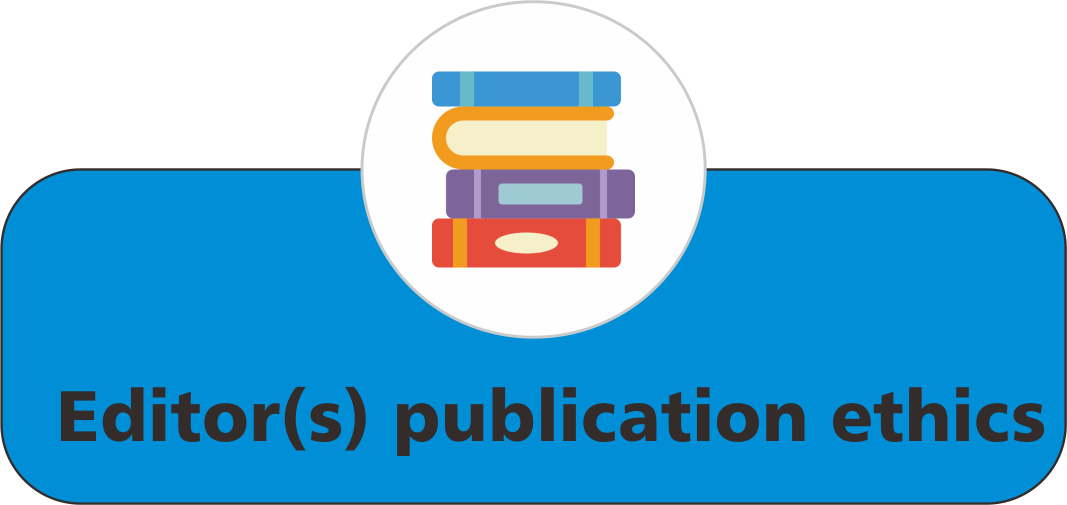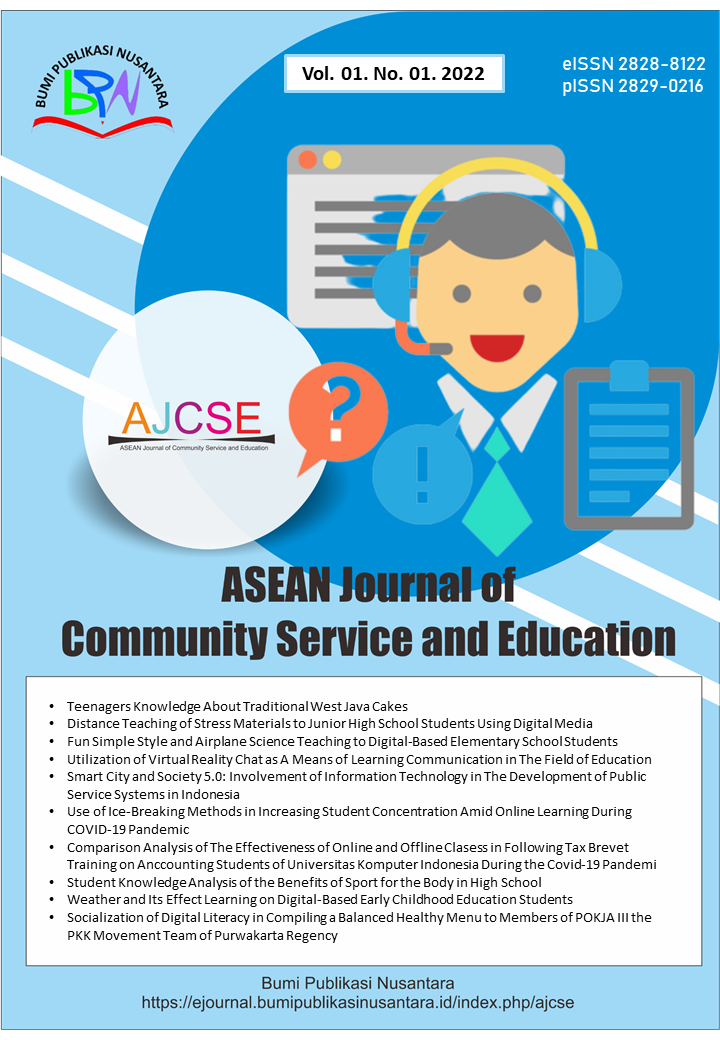Community Support and Emotional Recovery: Exploring Identity Conflict and Social Healing in Stephen Chbosky’s the Perks of Being a Wallflower
 ),
),
(1) University of Bejaia
 Corresponding Author
Corresponding Author
Abstract
Keywords
References
Arli, D., Tjiptono, F., and Palmer, J. (2019). Investigating the impact of community service involvement on students' social responsibility and commitment. Journal of Nonprofit & Public Sector Marketing, 31(3), 269–284.
Bauermeister, J. A., Bruce, D., and Sandfort, T. (2007). Gender nonconformity, sexual identity, and mental health among Latino gay and bisexual men. Journal of Sex Research, 44(3), 278–289.
Burns, B. J., Schoenwald, S. K., Burchard, J. D., Faw, L., and Santos, A. B. (2000). Comprehensive community-based interventions for youth with severe emotional disorders: Multisystemic therapy and the wraparound process. Journal of Child and Family Studies, 9, 283-314.
Goodman, M. L. (2024). Internalized stigma and its impact on mental health among adolescents facing identity-based marginalization. Journal of Adolescent Health Psychology, 18(2), 112–125.
Hernandez, P. (2002). Resilience in families and communities: Latin American contributions from the psychology of liberation. The Family Journal, 10(3), 334-343.
Le, H., and Rew, L. (2025). Youth-centered recommendations to address social stigma and discrimination against unhoused youth: an integrative literature review. The Journal of School Nursing, 41(1), 36-55.
Meyer, I. H. (2003). Prejudice, social stress, and mental health in lesbian, gay, and bisexual populations: Conceptual issues and research evidence. Psychological Bulletin, 129(5), 674–697.
Phipps, G. (2015). Constructing masks of hypermasculinity: The depiction of rampage school shootings in contemporary American novels. Studies in the Novel, 47(1), 99-115.
Punjani, N. S., Hegadoren, K., Hirani, S., Mumtaz, Z., Jackson, M., and Papathanassoglou, E. (2022). Perceptions and experiences of Pakistani-descent female adolescents living in Canada, on developing sexuality and self-identity. Sexes, 3(3), 413-433.
Röder, A., and Spierings, N. (2021). Religious socialization and emotional support: How religion influences coping in minority communities. Sociology of Religion, 82(3), 341–360.
Solomon, M. F. (2009). Attachment repair in couples therapy: A prototype for treatment of intimate relationships. Clinical Social Work Journal, 37(3), 214-223.
Stinson, J. N., Lalloo, C., Harris, L., Isaac, L., Campbell, F., Brown, S., and Karim, A. (2014). iCanCope with Pain™: user‐centred design of a web‐and mobile‐based self‐management program for youth with chronic pain based on identified health care needs. Pain Research and Management, 19(5), 257-265.
Stoever, C. J., and Morera, O. F. (2007). A meta-analytic integration of the relationship between community service participation and self-efficacy. Journal of Community Psychology, 35(3), 293–307.
Subhrajit, C. (2014). Problems faced by LGBT people in the mainstream society: Some recommendations. International Journal of Interdisciplinary and Multidisciplinary Studies, 1(5), 317-331.
Tümen Akyıldız, S., and Ahmed, K. H. (2021). an overview of qualitative research and focus group discussion. International Journal of Academic Research in Education, 7(1), 1-15.
Yasui, M., and Dishion, T. J. (2007). The ethnic context of child and adolescent problem behavior: Implications for child and family interventions. Clinical Child and Family Psychology Review, 10(2), 137-179.
Yeo, T. E. D. (2021). “Do you know how much I suffer?”: How young people negotiate the tellability of their mental health disruption in anonymous distress narratives on social media. Health Communication, 36(13), 1606-1615.
Article Metrics
Abstract View : 737 times
: 737 times Download : 496 times
Download : 496 times
Refbacks
- There are currently no refbacks.
Copyright (c) 2025 Bumi Publikasi Nusantara

This work is licensed under a Creative Commons Attribution-ShareAlike 4.0 International License.







